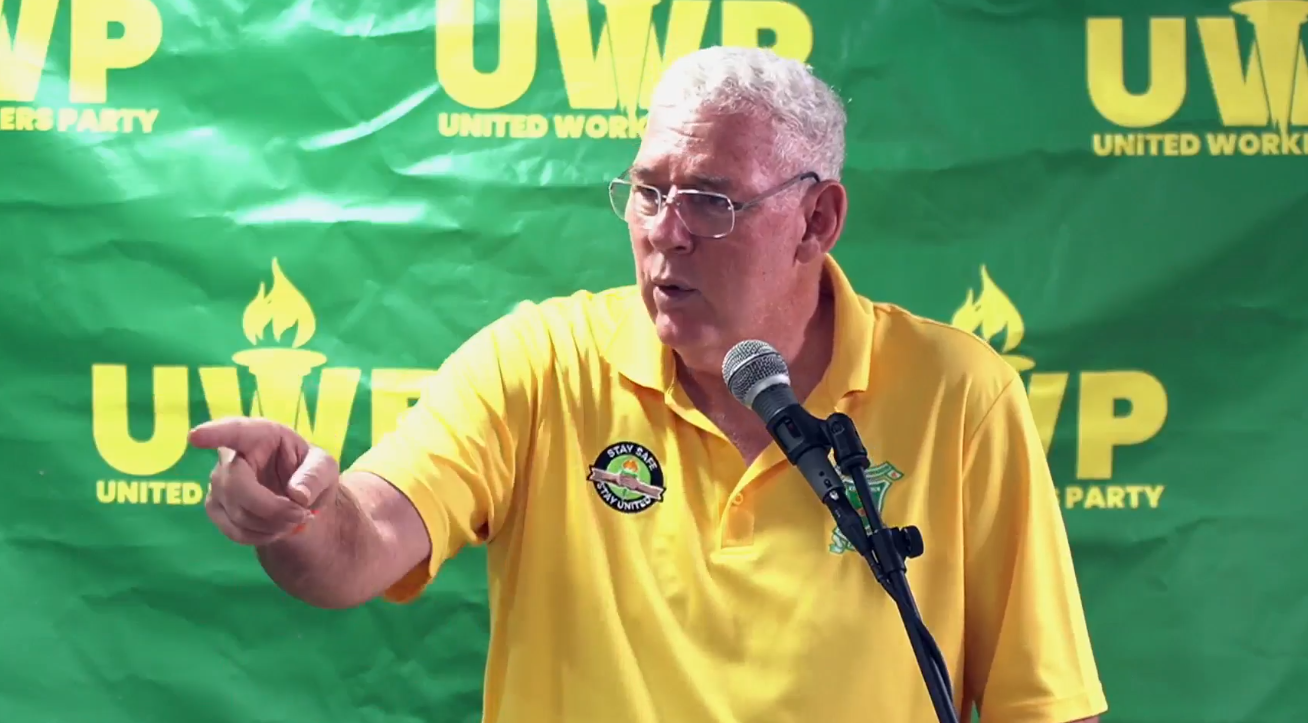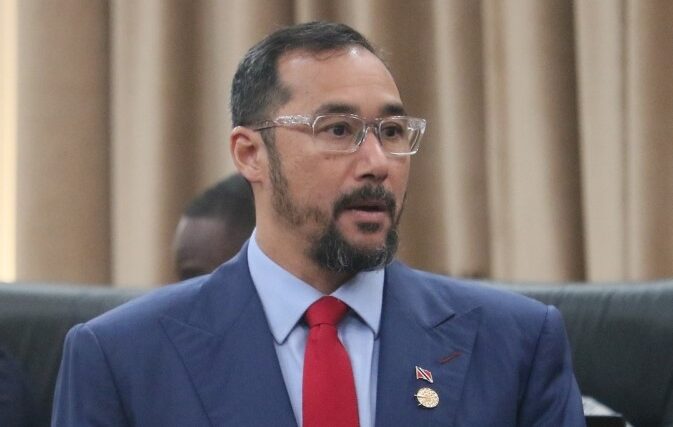

Opposition Leader Allen Chastanet has sharply criticised the government’s portrayal of Saint Lucia’s economic progress, dismissing claims of growth as being driven by inflation and higher taxes rather than genuine development.
His remarks come after Prime Minister Philip J. Pierre announced a projected primary surplus of $76.94 million for the 2024–2025 fiscal year, with another surplus expected the following year.
Speaking to journalist Lissa Joseph on “Special Report” on DBS, Chastanet challenged the administration’s narrative, arguing that rising GDP figures mask underlying pressures on citizens. “This government wants Saint Lucians to believe that a $2.3 billion budget is inherently positive. But bigger isn’t necessarily better,” he said.
While acknowledging contributions from tourism, agriculture, and manufacturing, Chastanet argued that these sectors have not driven recent growth. Instead, he pointed to construction and inflation as the primary factors.
“If you compare the construction taking place in the country today compared to where we were in 2019 …9, I think it’s fair to say that there’s more construction taking place today. But the one that he’s not speaking about is inflation,” Chastanet argued.
Chastanet contended that the rise in Gross Domestic Product (GDP) stems largely from higher taxation and inflation.
“Today, the numbers that the prime minister is speaking about is an increase in taxation,” he said. “Revenue is taxes. That’s how the government makes its money. Today, people in this country are paying $300 million more in taxes than they did in 2019.
“If you take 80000 people and you divide it by the $300 million, it means that each person today that’s working is paying $3 750 more in taxes than before. And where does that tax money come from? That tax money came from the 2.5 levy. That tax money has come from the increase in the excise tax on gasoline and cooking gas.”
He cited rising prices for essentials like fuel, gas, and bread as evidence of mounting public pressure. When Joseph mentioned government efforts to mitigate inflation, such as adjusting tax thresholds and raising pensions, Chastanet acknowledged the income tax threshold shift from $1,800 to $2,300 but insisted public sentiment tells a different story.
He suggested the middle class was bearing the brunt, arguing that stricter tax compliance and reduced deductibles have left taxable individuals shouldering a heavier burden. He also claimed that pension increases are being eroded by soaring living costs.
During the nearly three-hour discussion, Chastanet also challenged the government’s use of financial data to critique his past administration, particularly on tourism performance.
Related News

US Revokes Trinidad’s Licences for Venezuelan Gas Projects

Sea Jays Claim Top Honours at RHAC Invitational

Trump’s Reciprocal Tariffs Signal a Dangerous Shift that Could Break Small Island Economies


